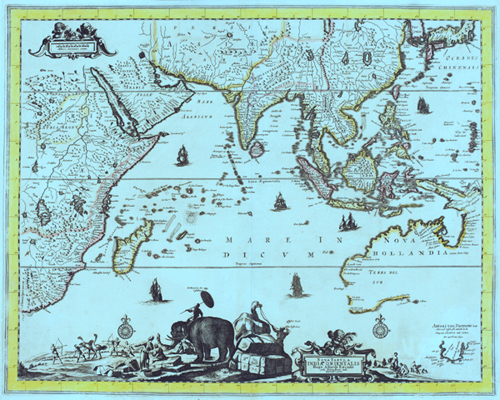Australia’s hidden shame
That seems to be the policy of the Australian government towards a group of 377 asylum seekers they have sent to the Pacific Island of Nauru.
As part of a tough new policy designed to deter asylum seekers from Iran, Iraq, Afghanistan and Sri Lanka taking to boats and heading to its shores, Australia has brought in a policy of ‘offshore processing’.
The first is Nauru – a dot in the Pacific Island that is heavily dependent on Australian aid, and therefore keen to help out.
If Australia’s policy is meant to deter people getting on boats, it does not seem to be working: people are arriving in as great a number as ever – 14,000 so far this year, with last month recording one of the highest numbers on record. Maybe they know that most of them won’t be sent off-shore, the facilities simply are not ready yet.
But some are being transferred to Nauru. And those unlucky ones are – quite frankly – being left to languish.
But exactly how many, and what effect it is having on them is unclear because the Australian government will not let any media organisations into their camp. They were quite happy to show it off when there was no one in it; but now there are detainees, it is off-limits.
The government is scornful of refugee advocates who call their policy ‘inhumane’; but preventing the media from accessing the facility, and giving only the loosest information about the protest going on inside - “at least 200 meals are being taken" is all they’ll tell me - makes people think it must be just that.
Australia’s own human rights commissioner has criticised Canberra’s policy as a breach of international law.
But what if a hunger striker was to die? Could Australia’s government maintain the line that their policies are 'saving lives'?


+copy.jpg)















.jpg)














.jpg)


No comments:
Post a Comment